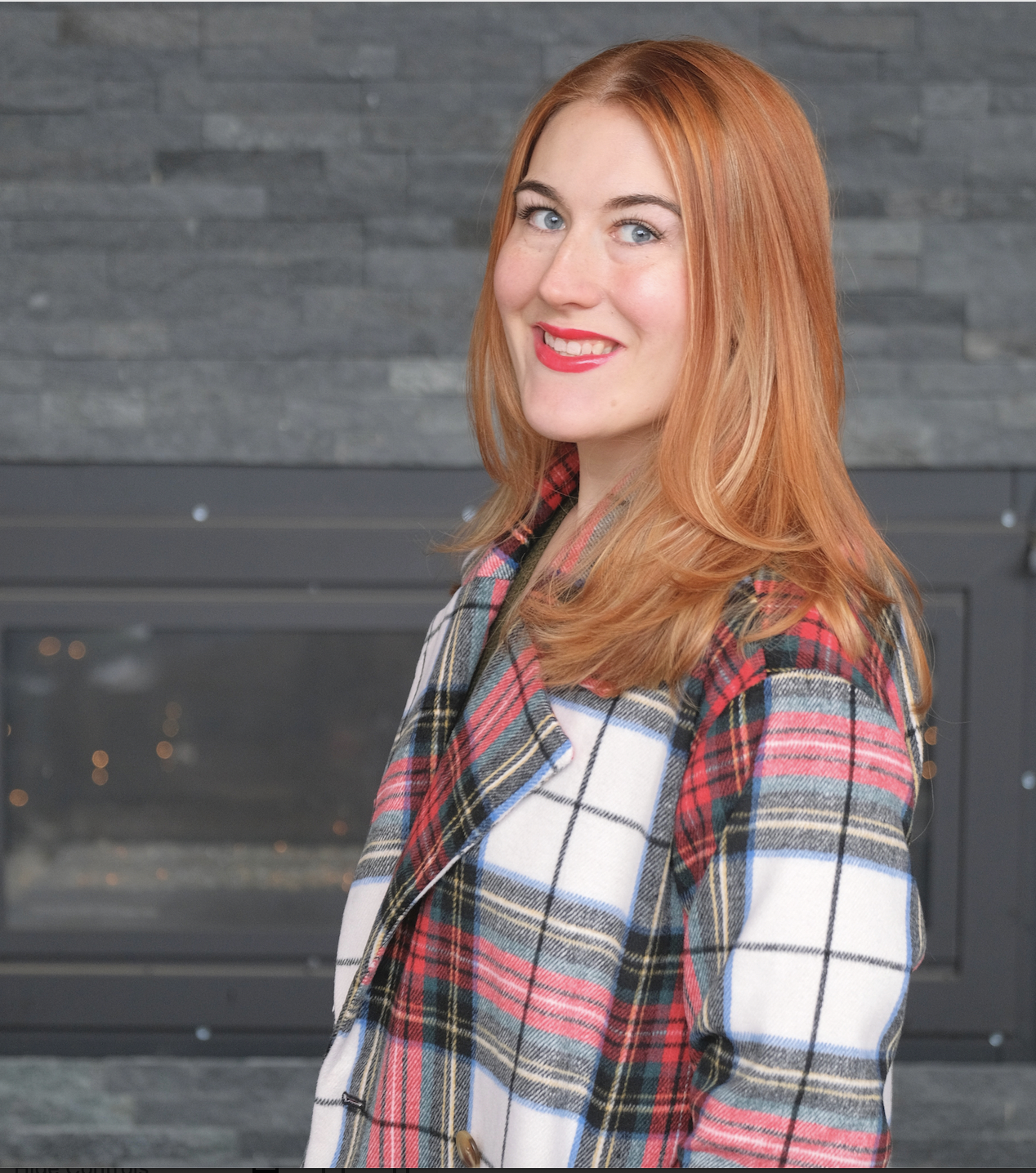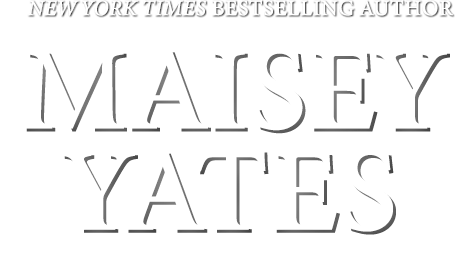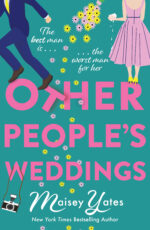On Agents
I’ll say right up front: I don’t have a lot of experience in this business. It’s true. My book sales in category have been fast (thank God!) but I haven’t been around all that long. That said, this post is coming from my perspective and there will be other people who have more/deeper/different insight.
So, there’s the caveat. 😉
I submitted to Harlequin Mills & Boon via the slush pile at the London office. I didn’t have an agent or a single contact in that office, and when I sold, I did so without an agent. That meant reading the contract and making sure everything was all right, was up to me! Fortunately, some fellow Harlequin authors and my friend Lisa Hendrix, gave me some tips on what I might look out for and ask to have changed (I made minimal changes, and they were painless).
I’ve done six contracts with Harlequin now and I feel very comfortable working with them.
Because of the relationship I have with my editor at Harlequin, when I signed with my agent last year, I opted to keep the Harlequin work separate. So it’s interesting because I have an agent that handles things for me, and I’m also still doing some of it for myself. I am both with agent, and without. 😉
So with that in mind, here are some of my thoughts on being agented…and un-agented!
Without an agent…
1. You have to really be your own agent. And by that I mean: ask questions, negotiate, talk about money, ask for stuff. Not everyone is comfortable with that, and I totally get why. It can be UNCOMFORTABLE. But if that’s the road you take, it’s what you have to do.
2. If you’re unpublished, you have to make sure you’re following the guidelines for querying. Make sure you follow up on submissions, etc.
3. Be your own advocate. This sort of is the same as point one, but that’s really what it comes down to. Un-agented, you are your own advocate and you must take it seriously. (This requires taking yourself seriously as a business person…and you should!)
And now…What a good agent can do for you:
1. They know the market. They know who to submit your book to. They are familiar with different editors at different houses, what they like, what they don’t like.
2. They have a clear idea of where your voice will fit, because they have a clear, unbiased view of your voice.
3. They are your contact. Just one. You don’t have to keep in touch with every editor that has your work. And when you have things on multiple submissions? That is SO nice.
4. They are your advocate. They are on your side, not the publisher’s side. Their income is tied closely to yours and it is personally in their best interest for you to do well.
5. They handle the talk of money. (I have a hard time saying…look, I’d like more money. I DO it, because as I said, without an agent in one portion of my career, I need to. But I don’t like it.)
6. This isn’t a clear and concise point as much as me just saying I feel like it’s SO VALUABLE to have a good agent putting your work out there. They have all of the above knowledge, and they use it to your advantage. The amount of work my agent does for me…I don’t know how in the world I would do it with what’s already on my plate.
The key word here is Good Agent. You and your agent should share a vision, your agent should be excited about your work because…well, they have to go out there and sell it!
Having an agent doesn’t take away all of the business side of the job. You still have to pay attention to your contract. You still have to know what you want from the business. You STILL need to be your own advocate. But an agent relieves a lot.
So those are (some of) my observations from both sides. Any questions? Ask in the comments!
Comments
12 Responses | TrackBack URL | Comments Feed








Maisey, Thanks for the insight.
No problem!
Thanks for this insight Maisey. I think I’m going to start subbing to some agents 🙂
Fascinating post, Maisey! I have to admit this is one of the scary areas for me. I’ve heard the horror agent stories, but if you can find a good one I imagine they would make life a lot easier 🙂 Did you find your agent or did your agent find you?
I’d also love to know more about what you look for in your contracts. Do you have any helpful links up your sleeve?
You should, Rach!
Lacey, I met my agent a year before I signed with her. I had breakfast with her at RWA. Then a year later I had breakfast with her at the next RWA in NY and I had a book idea that I would need her for, she liked it, and that was that. So, I have to say, the process was fairly painless for me.
If you’re going to RWAus, you should sign up for pitches. I think it’s so helpful to meet people face to face!
As for contracts…really, the big thing I had changed was number of author copies and to specify that my next work (which they have first right of refusal on) became a 50K word MS, so that if I wrote a ST, which my editorial office can’t buy, I don’t have to wait for them to R it before submitting to other publishers. So those were my big changes. 😉
Hi Maisey – thanks for yet another insightful blog post 🙂
As an unyet published romance writer I’ve thought alot about this. As I write category and can submit directly, I’ve decided to wait to get an agent but that will change when I get the call 😀
PS – thanks for sharing the changes you made to your contract, that was very interesting!
Oh, thanks for posting this, Maisey! Makes interesting reading 🙂
Joanne, best of luck to you!
Maya, you’re welcome. 😀 Food for thought, anyway!
Thanks for that awesome reply, Maisey 🙂 I’m not going to make the 2012 RWAus conference, but finding a Sugar Daddy is on my list of things to do for next year ;-).
Thanks for a great post, Maisey. I’m bookmarking this. And I love that you said we must take this seriously. I really believe that’s the divide between successful and aspiring writers – the successful are those who stick with this and treat it like a career rather than a hobby.
Lacey, you should take a position as a secretary. Hopefully you can hook up with your Greek boss!
Romy, I agree with you. It’s too much work to be a hobby. It requires too much professionalism. And maybe there are people with that mindset who have succeeded (never say never) but I think it would be difficult.